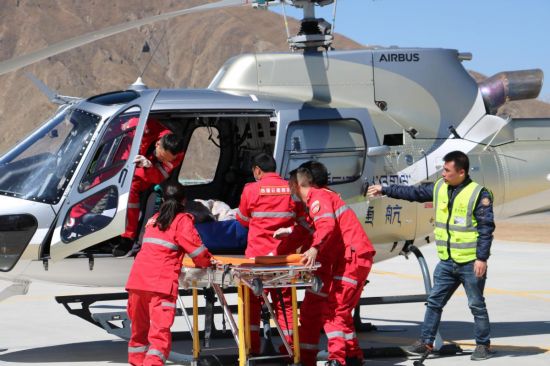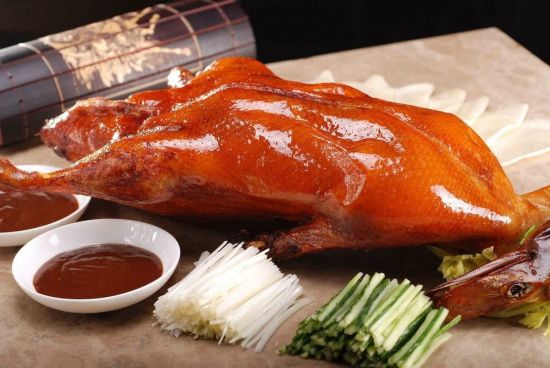China is amongst the biggest countries in the world. After the United States it is the second biggest economy in the world. It has a populace of more than 1.4 billion people, making up around 1/5 of the entire world’s population. China’s border stretches more than 20,000 kilometers. The land area is about 3.69 million square miles. This makes it 1/50th of the land mass of the entire planet and it totals a quarter of the entire Asian continent.
The landscape has interesting landforms such as its biggest desert in the western region of the country. It has mountains that are a part of the Himalayan mountain range. The ranges here include Pamir and Tian. These, together with the rivers, are extremely important for agriculture because of the irrigation system created here. The mountains in China make up around 2/3 of the entire country. The country has more than 40 notable mountains and its ranges stretch from east to the west and also from the northeast to the southeast. Some of the lower ranges include Huashan, Emeishan, and Taishan, which all have beautiful scenery.
The topography of China is made up of plains, foothills, mountains, plateaus and various other terrains. These are arranged on a three-step “ladder”, the highest rung of which is Tibet, where the average altitude is more than 3800 meters.
There are other plateaus such as the Yunnan–Guizhou (Yungui), Loess and Inner Mongolian plateaus. There are also the Junggar, Tarim and Sichuan basins. The lowest step is mostly made up of broad plains and foothills as well as smaller mountains that are just over 500 meters. The world-famous Northeast China Plain, the Middle-Lower Yangtze Plain and North China Plain are located here.
Historic monuments. Ancient wonders. Countryside villages. Bold, provocative cuisine. No matter what you decide to dive into, in China you are spoilt for choice.
Traveling in China as a foreigner will be an amazing experience, but one that comes with its own unique challenges. When you’re finally ready to take the plunge, here are a few things to know before you go:






